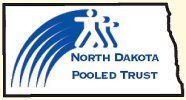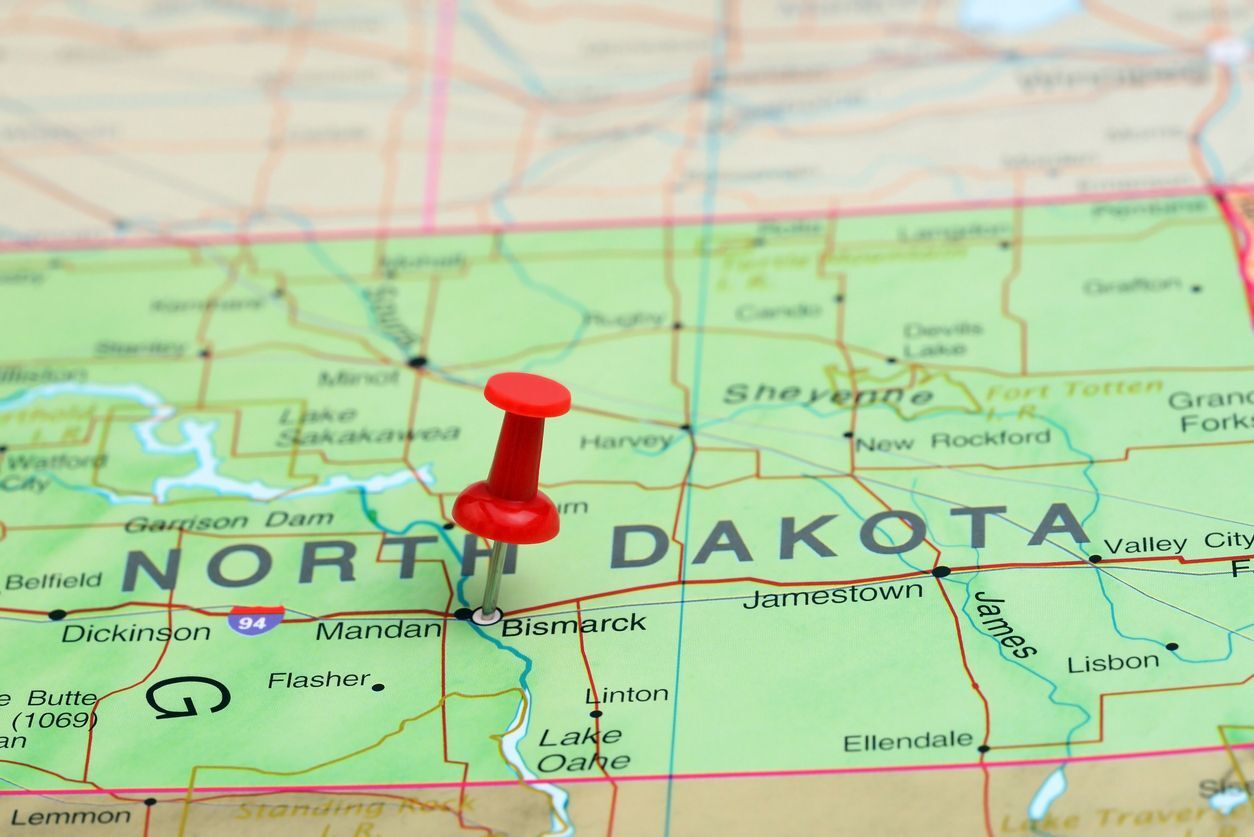North Dakota Pooled Trust
for Individuals with Disabilities

Administered by
Guardian And Protective
Services, Inc.
- What is the North Dakota Pooled Trust?
- How is a Pooled Trust established?
- How are the funds used?
- How does the North Dakota Pooled Trust Operate?
- Are there limitations to the North Dakota Pooled Trust?
- What are the fees of the North Dakota Pooled Trust?
- What are the advantages of the North Dakota Pooled Trust?
-
What is the North Dakota Pooled Trust?
Federal Law and State Regulations allow individuals with disabilities to set aside assets for supplemental and special needs into a Pooled Trust. This enables the individual to maintain eligibility for public assistance programs such as Medicaid, SSI, Housing and VA benefits. The Pooled Trust is irrevocable and has been established by Guardian and Protective Services, Inc. (GAPS), a non-profit organization. Each beneficiary has a separate sub-account within the Trust, but for investment and management purposes, the Trust pools these accounts.
-
How is a Pooled Trust established?
There are two types of sub-accounts in the Pooled Trust:
1. Self Settled Trust: This trust is established with the assets of the individual who has the disability. It can also be set up by a parent, grandparent, guardian, court, or the individual themselves. After the individual's death payback to State Medicaid is required.2. Third Party Trust: This trust is established with the funds of a third-party grantor, such as a parent, grandparent or sibling. It is not set up by the person with the disability. Payback to State Medicaid after the individual's death is not required.
-
How are the funds used?
The funds in the Pooled Trust can be used to cover the supplemental or special needs of the beneficiary that are not covered by Medicaid or other public programs, provided the purchase or payment for such items does not jeopardize the beneficiary's eligibility for these programs. These supplemental or special needs items include:
- Health and dental procedures and equipment for which there are not funds otherwise available.
- Rehabilitative and occupational therapy services, medical procedures even if not medically necessary or life saving and medical insurance payments.
- Supplemental nursing and home care, private case management, and supplemental dietary needs.
- Travel, entertainment, companionship, cultural experiences, vacations, and visits from friends and relatives.
- Guardian, legal, and advocacy services. -
How does the North Dakota Pooled Trust Operate?
Decisions for payment to beneficiaries are made by Guardian and Protective Services (GAPS), the Trustee, makes decisions regarding payments in accordance with the Trust Agreement. The Funds Manager, which is a bank trust department, handles the investments. The North Dakota Pooled Trust reports to the Board of Directors of Guardian and Protective Services.
-
Are there limitations to the North Dakota Pooled Trust?
The Trustee has full discretion over the distribution of the funds to the beneficiary, in accordance with the Trust's terms. Payments cannot be made directly to the beneficiary. Upon the death of a beneficiary of a Special Needs Pooled Trust (funded by the individual), Medicaid claims must be reimbursed to the State before any funds are distributed to the beneficiary's estate. Financial transfers to a Special Needs Pooled Trust may affect the beneficiary's eligibility for Basic Care.
-
What are the fees of the North Dakota Pooled Trust?
The Funds Manager charges an annual investment fee. The Trustee charges a one-time enrollment fee and hourly charges for services rendered. A minimum annual fee is required for administration.
-
What are the advantages of the North Dakota Pooled Trust?
Each individual's account is pooled into a single account managed by a bank's trust department allowing for a higher rate of return than if the funds were invested separately. Some banks may be hesitant to manage small trusts and could charge fees that these trusts cannot afford to pay.
Unlike banks, GaPS is very familiar with the regulations surrounding allowable expenditures in programs such as Medicaid, SSI and housing programs. A working knowledge of the current regulations is very important in maintaining an individual's eligibility for benefits. GaPS collaborates with the bank holding the trust to ensure benefits are protected.



